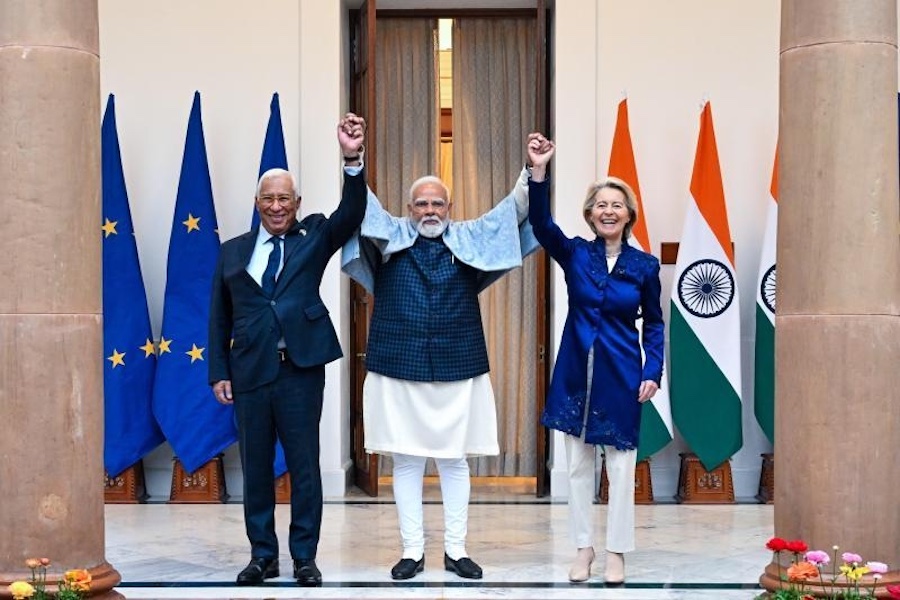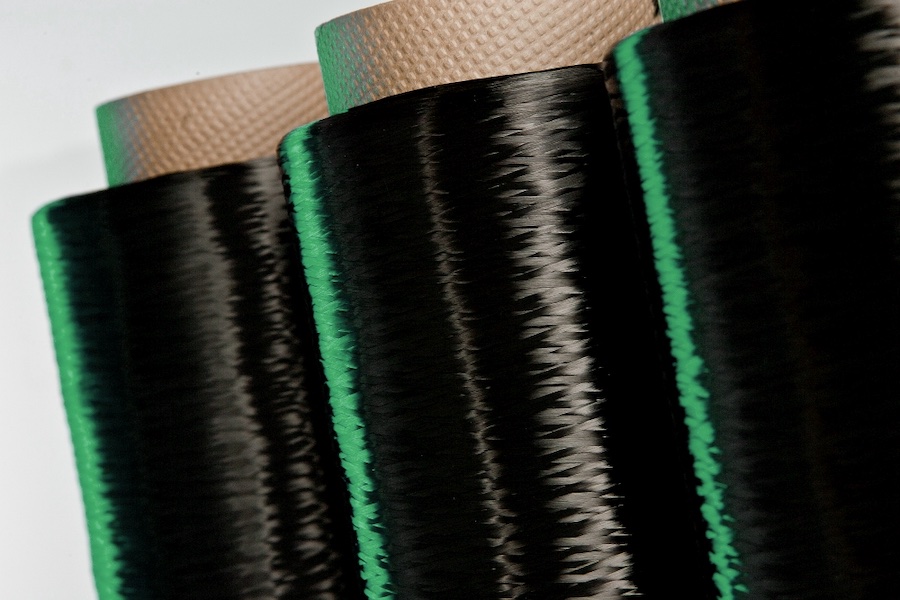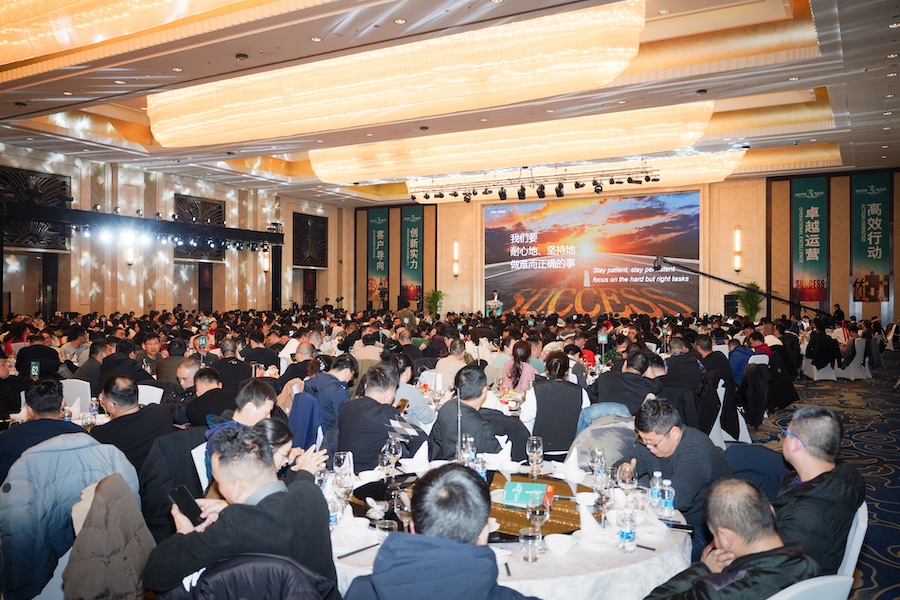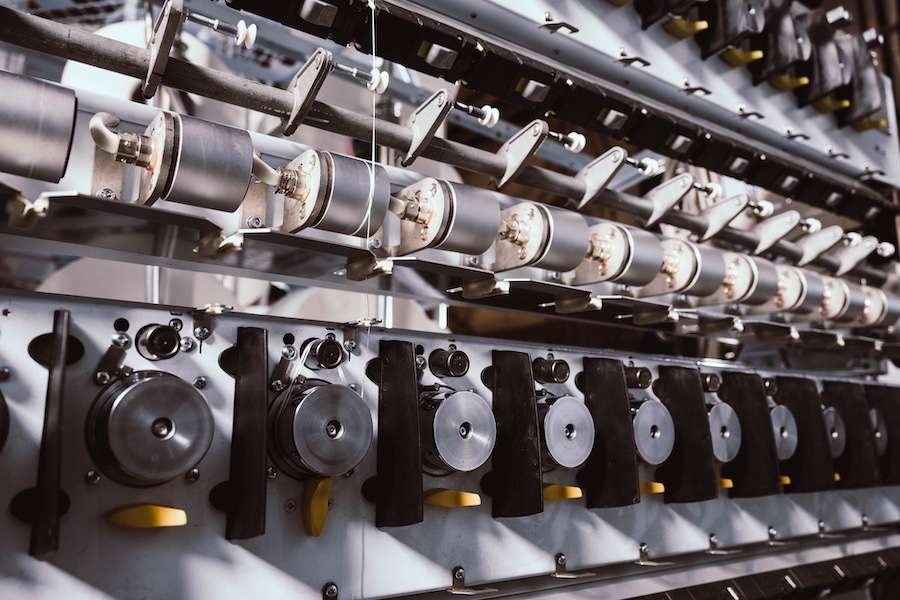#Europe
Due diligence in the textile and clothing industry
The world’s textile and fashion industry is geographically widely dispersed. Global supply chains create jobs for some 60 million workers worldwide.
At present, the industry is under increased scrutiny, due to the various challenges related to the sustainability of production methods and overproduction. The current crisis caused by Covid-19 has created additional challenges for the textile and fashion industry.
Through continued investment and know-how transfer, European companies contribute to sustainable growth and employment in Europe as well as in developing countries, demonstrating a high degree of commitment and corporate responsibility.
The European textile and apparel industry reaffirms its commitment to responsible business conduct and sustainable development as defined by the UN Guiding Principles for Business and Human Rights and by the OECD Due Diligence Guidelines for responsible business conducts in the textile value chain. By applying these guiding principles as guidelines for responsible business conduct, businesses can be drivers of positive societal change and can contribute to the fulfilment of the SDGs.
The concept of due diligence stands at the core of responsible business conduct. It describes the process by which businesses are expected to identify, prevent, mitigate, and account for adverse corporate impact on human rights and the environment. As a trade association, due diligence constitutes a key component in our guidance to the industry. We support businesses in understanding and integrating due diligence procedures into business strategies and decision-making.
To achieve concrete progress in the due diligence practices while avoiding un-intended consequences, EURATEX stresses the following recommendations:
- Harmonised approach needs to ensure legal clarity across the EU and avoid grey zones
- Proportionality of measures should be assessed
- Consideration of the role of SMEs
- A ‘smart mix’ of measures to include incentives, valorisation of specific standards and support
- Implementation should be reality driven
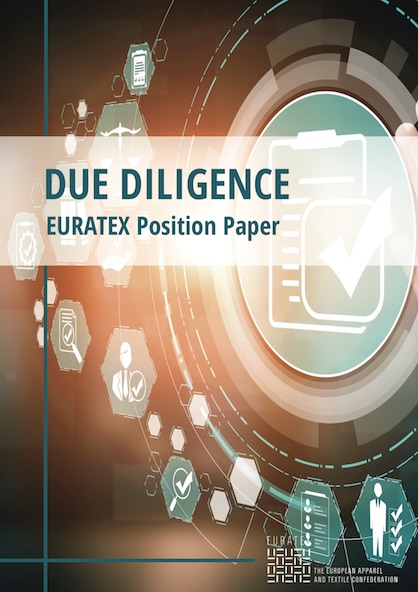
To read the full recommendations of EURATEX, read the latest position paper.
https://euratex.eu/wp-content/uploads/Due-Diligence-position-paper-HQ.pdf






